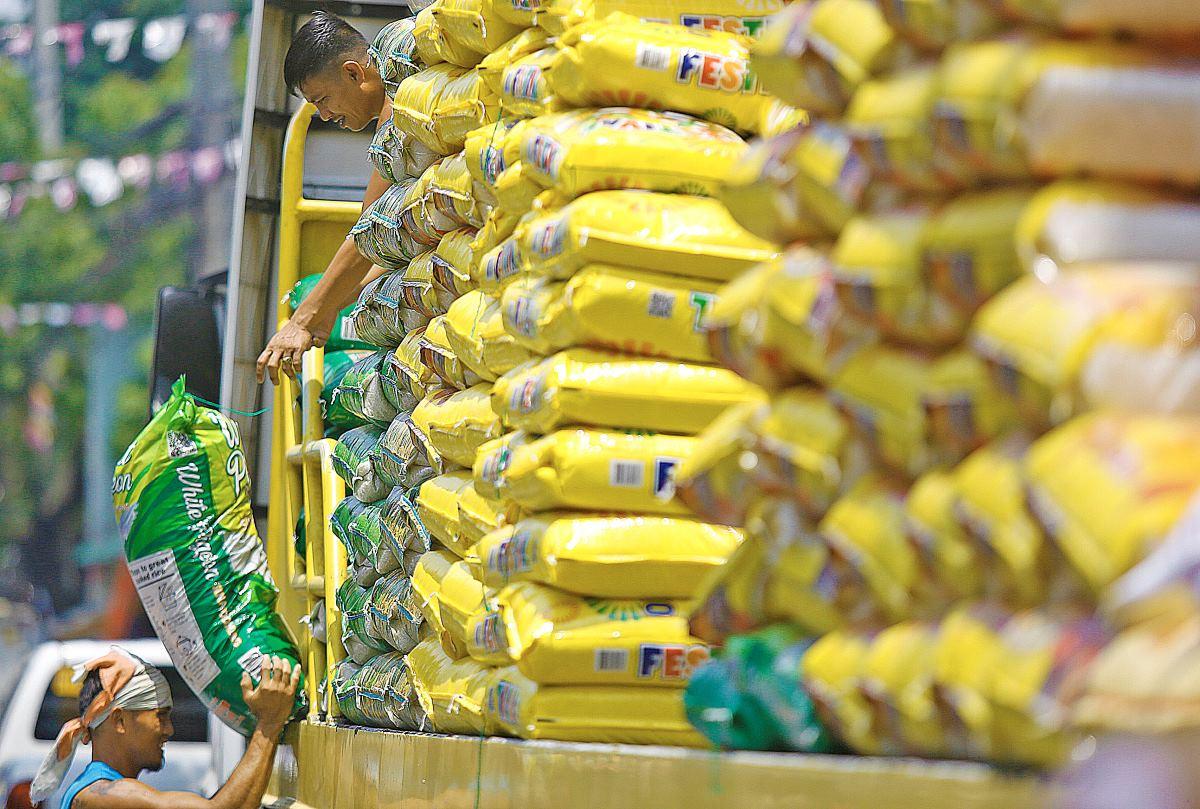Solon: Rice Tariffication Law yet to meet targets
By LLANESCA T. PANTI, GMA Integrated News Published May 2, 2024 6:40pm The Rice Tariffication Law (RTL) has yet to meet its targets such as lowering production cost and the price of rice, according to a House leader on Thursday. House Assistant Minority Leader Mikaela Suansing of Nueva Ecija made this assessment in response to […]


By LLANESCA T. PANTI, GMA Integrated News
The Rice Tariffication Law (RTL) has yet to meet its targets such as lowering production cost and the price of rice, according to a House leader on Thursday.
House Assistant Minority Leader Mikaela Suansing of Nueva Ecija made this assessment in response to questions as to why the RTL has not met its goal of bringing down rice prices, even with added rice supply from rice imports.
Suansing is the author of House Bill 212 which seeks to amend the RTL by increasing the Rice Competitiveness Enhancement Fund (RCF) allocation to P15 billion annually.
Under the existing law, the RCEF is allocated a P10 billion funding yearly off the tariff collection from the entry of imported rice. The P10-B allocation is good for six years after the enactment of the RTL in 2019 and is subject to review afterwards.
“When the RTL was first implemented in 2019, there were three metrics: lower production cost by increased mechanization, increase the yield and the establishment of the RCEF. There was a P30 billion funding allocated for the mechanization program, but based on (Philippine Center for Postharvest Development and Mechanization or PhilMec [records]), it was only good for 14% mechanization coverage nationwide. Hindi po naibigay iyong sapat na pondo para sa pagbaba ng cost of production thru mechanization,” Suansing said in a press conference.
“On yield, it is increasing, and we are reaching five metric tons per month target in certain provinces, but one key driver in lowering rice prices is lowering production cost. We need reduced production cost for downstream effects in the supply chain,” said Suansing.
“There are several factors [as to why the law is yet to bring down rice prices], and one of them is we are yet to sufficiently fund RCEF in the past several years based on the outcomes we have set,” Suansing added.
According to the solon, PhilMec has utilized its funding allocation under the RCEF and should be given additional funding under the amended RTL.
“That is why we want to continue allot funding for the RCEF from an annual of P10 billion to P15 billion per year. We need more funding for the RCEF to achieve the targets we have set,” she said.
Suansing also echoed Speaker Martin Romualdez’ call to amend the RTL by reinstating the mandate of the National Food Authority (NFA) to buy and sell rice at a cheaper price, saying that rice inflation or rate of price increase reaches an average annual figure of 24.4% and a 1% on a monthly basis.
“Rice inflation is the primary driver of inflation, and that is why the amendments we are proposing include reinstating the NFA’s mandate to bring rice directly to the market,” Suansing said.
The RTL limited NFA’s mandate to managing buffer stocks, she added.
“This amendment [on NFA mandate] should also prompt lowering of the prices of commercial rice because of increased competition,” she said.
To deter practices such as purchasing imported rather than locally-produced rice and purchasing too large amounts of imported rice , Suansing said safeguards can be put in place in RTL amendments to ensure that the NFA would prioritize buying locally-produced rice, and would only buy imports as needed.
“One of the reasons why RTL was enacted is to strip the NFA of its mandate to buy and sell rice directly to the market, but now, we have to reevaluate that. Because we have seen the tangible impact of it to the Filipino consumers. Maraming paraan para panagutin ang NFA, and we can craft the amendments to limit NFA’s access in parts of the process that may solicit corruption. We are seeing ways to restore this mandate of the NFA and limit such authority so it won’t be prone to corruption,” the representative said.
(There are other ways to make the NFA accountable.)
“The objective here is to help them have the ability to buy rice at an affordable price. As the principal author of this bill [amending] RTL, I will assure Senator (Cynthia) Villar that the provisions will be crafted the right way this time,” Suansing said.—RF, GMA Integrated News














